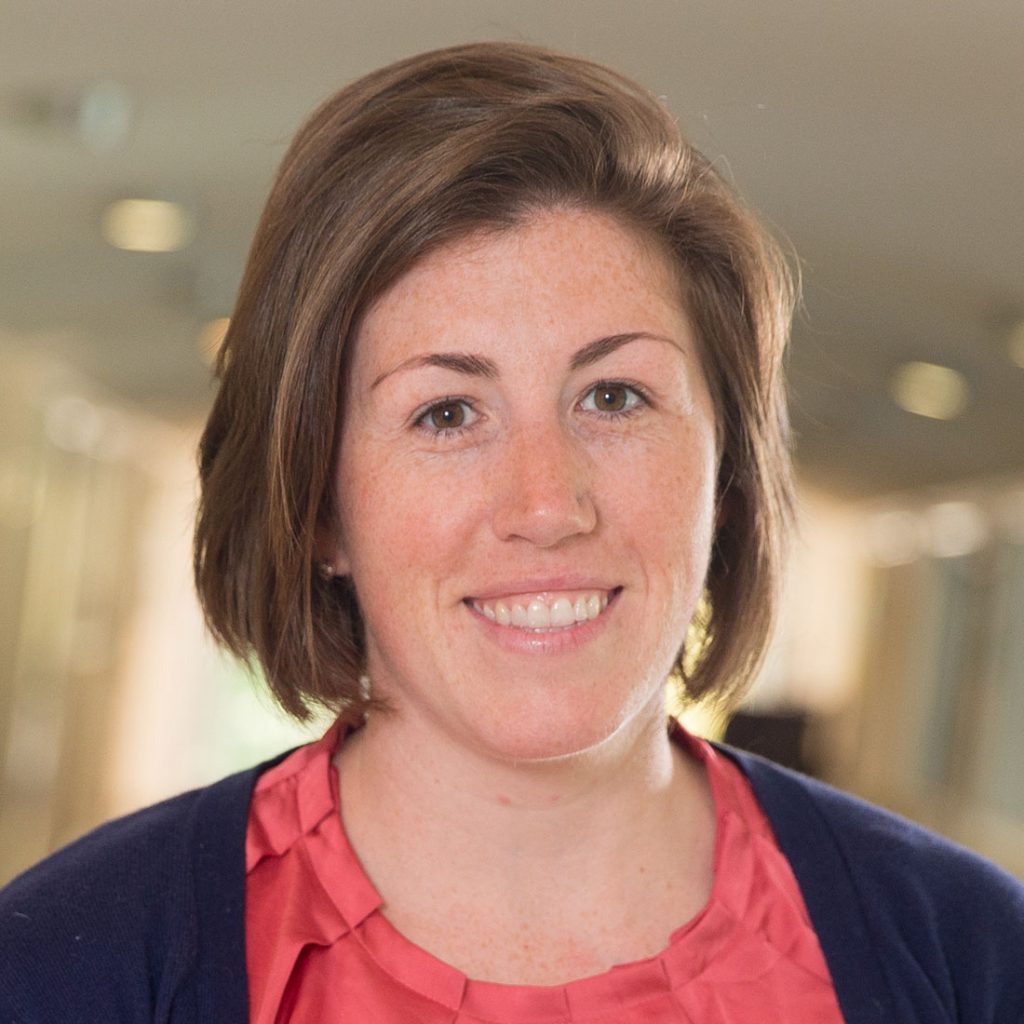SES 1165 - Lifetime Wellness
Course Description
This course will introduce dimensions of wellness including lifestyle choices that directly affect physical and emotional health.
Health issues such as diabetes, cancer, coronary artery disease, stress, weight control, environmental health, and substance abuse will be discussed in the realm of prevention and recognition of effects on total wellness.
This course is designed to give students the information needed to make decisions affecting their well-being, with emphasis on environmental health, self-responsibility, and lifestyle management. All dimensions of a wellness lifestyle will be addressed, including physical fitness and assessment, stress management, substance use and abuse, and other lifestyle choices that affect overall wellness.
Course Objectives
- To understand and effectively use the terminology and key concepts applied to wellness
- Define health, wellness, and well-being, and discuss the nature and scope of opportunities in the field to improve mental and physical fitness
- Critically evaluate causes, prevention, control, treatment, and counseling for chronic and communicable diseases
- Explain the relevance of environmental issues and how this applies to mental, emotional, and physical health
- Demonstrate an understanding of family planning and pregnancy, drug use and abuse, and death and aging
Course Materials
Textbook: Health and Wellness (12th ed.). Edlin, G. & Golanty, E. (Eds.) (2016). Burlington, MA: Jones & Bartlett Learning.
ISBN: 9781284067293
Dates: Jul 14 – Aug 15, 2025
Department: Sport and Exercise Studies
Course: SES 1165
Credit Hours: 4
In most instances, this 4-credit course will transfer to fulfill either a 4-credit or 3-credit requirement at another institution. Please check with your home institution to see if this course fulfills your requirements.
Prerequisites:
none
Satisfies:
Fulfills the General Health and Disease Information Requirement for the Physical Education Licensure for teachers.
The above requirements are from the Randolph College general education program. Check with your home institution to see if this course fulfills your requirements.
Tuition & Fees:
$1,500 tuition
Textbooks and other course materials can be purchased separately from the source of your choosing.
Your Instructor

Meghan HalbrookAssistant Professor of Sport and Exercise Studies
B.A., University of Missouri-St. Louis; M.S., Ball State University; M.A., Ph.D., West Virginia University
I believe that success in the classroom is measured in more ways than just test scores. Success includes developing connections, leadership skills, self-efficacy, and internal motivation. I also believe that helping students deal with adversity through application of sport and exercise psychology concepts, such as resilience skills, conflict resolution, and communication can be the most rewarding type of success as an educator. Therefore, I strive to create a very positive, supportive, and interactive environment in the classroom. My classes will commonly participate in debates and case studies which incorporate current events, research, educated opinions, and course material. Well-rounded students become thoughtful and purposeful people and professionals, which impacts their connection to others in their desired field, as well as the continued, positive growth of the Sport and Exercise Studies Program at Randolph College.
These beliefs and procedures have been developed through years of teaching, consulting, and research. Much like I try to do in the classroom with all students, my research centers around creating an inclusive and supportive environment for LGBTQ+ athletes in sport. Despite the suggestion that several important developments have occurred over the past 15 years for LGBTQ+ rights and acceptance, professional development opportunities for coaches still rarely include information about LGBTQ+ athletes and homophobia in the sport environment. Diversity education, specifically with regard to LGBTQ+ athletes, teaches the use of inclusive language, development of team policies, and appropriate response strategies to deal with concerns, incidents, or biases on the court or field. In the future, I hope to develop training courses and materials for youth coaches that can be directed at increasing understanding and acceptance, and decrease incidences of bullying and harassment within a team setting.
When class is not in session, I enjoy making casual games and activities way more competitive than they were intended and spending time with family, friends, and my two dogs, Reese and Kai.